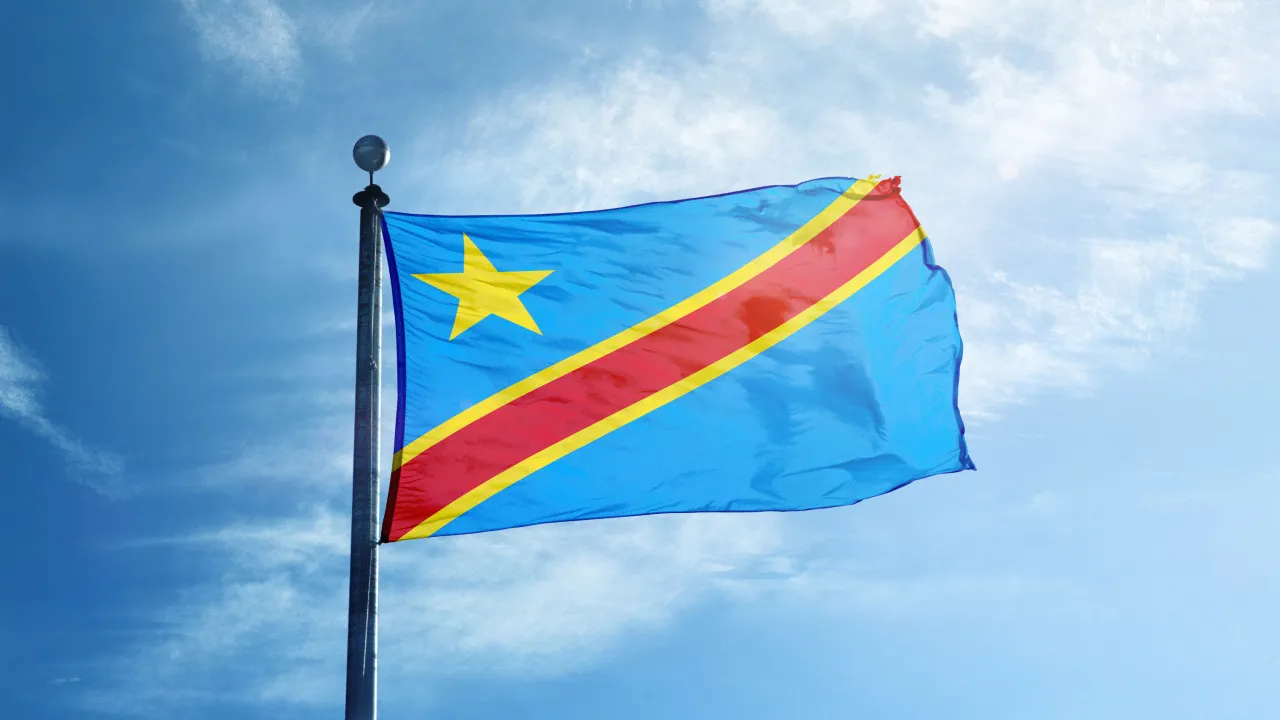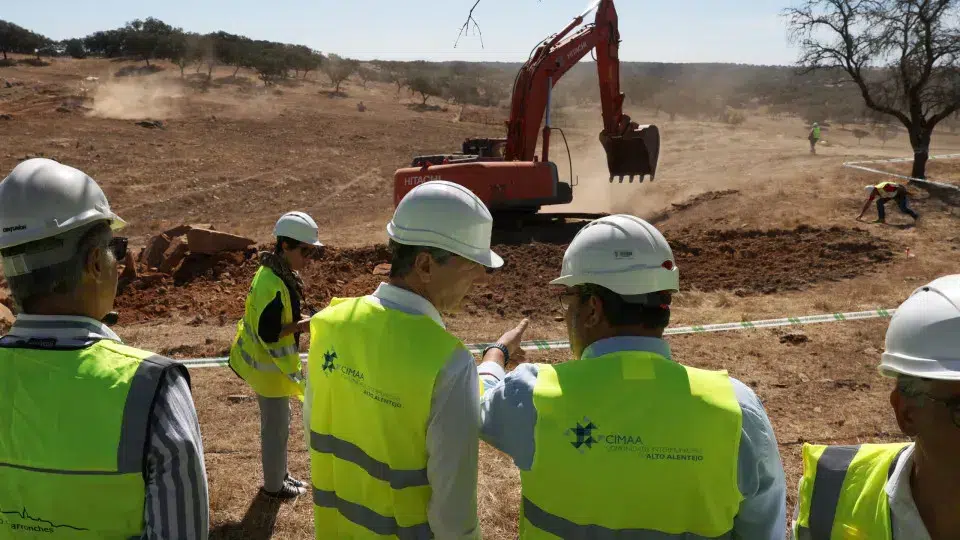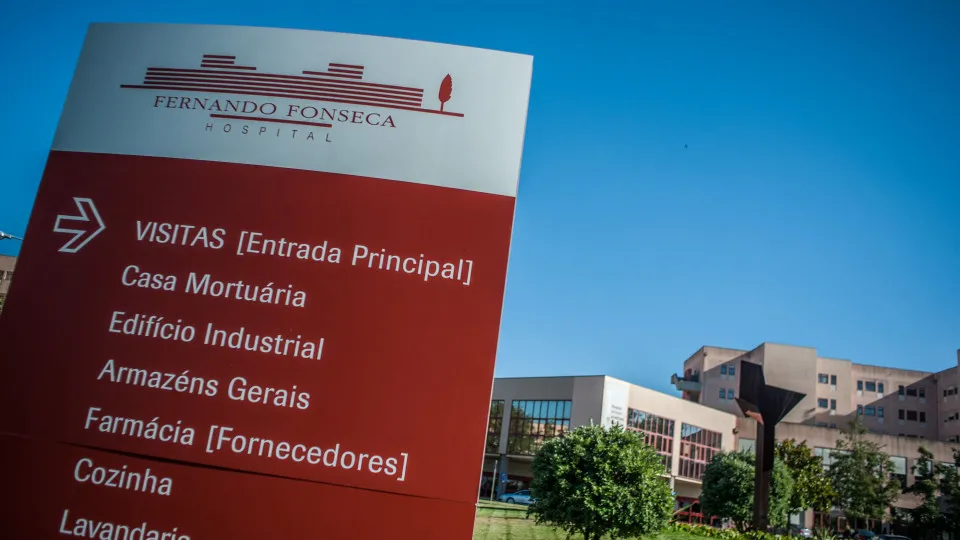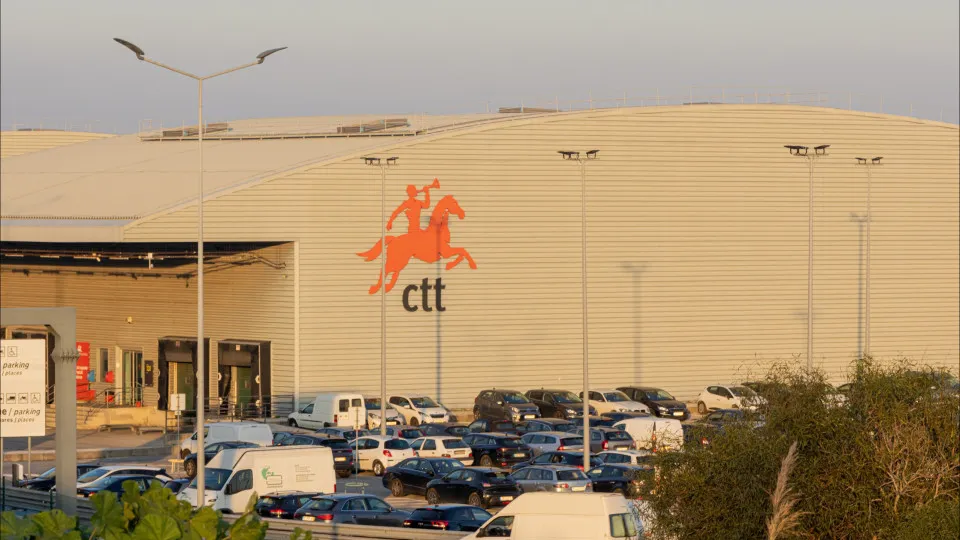
The signing of the principles of this agreement paves the way to unlock the “incredible economic potential of the Great Lakes region and achieve greater prosperity and lasting peace,” stated the U.S. State Department’s Africa Bureau in a message posted on social media today.
The agreed principles include joint coordination in areas such as energy, infrastructure, mining, national parks management, tourism, and public health.
The Democratic Republic of Congo (DRC), neighboring Angola, and Rwanda signed a ministerial-level peace agreement in Washington on June 27, mediated by U.S. President Donald Trump, aiming to end more than three decades of bilateral tensions and draw substantial investment to a region rich in strategic minerals.
Under the agreement, Kinshasa and Kigali have committed to launching a regional economic integration framework within 90 days, Washington recalled.
The adoption of this framework followed the first meeting of the Joint Monitoring Committee of the peace agreement, during which progress in its implementation was reviewed.
“These milestones represent tangible progress in promoting security, economic cooperation, and the joint pursuit of peace and prosperity as part of the peace agreement,” said Trump’s advisor for Africa, Massad Boulos, on social media.
In parallel, the Congolese government and the rebel group March 23 Movement (M23) signed a declaration of principle on July 19 in Doha, during a meeting organized by Qatar, aiming to halt fighting in the eastern part of the country.
The conflict in eastern DRC intensified at the end of January when M23 took control of Goma, the capital of North Kivu province, and subsequently advanced on Bukavu, the capital of neighboring South Kivu, both rich in mineral resources used in mobile phones and electric vehicles.
The M23 offensive resulted in thousands of deaths and forced more than 1.2 million people to flee their homes, according to the latest data from the Norwegian Refugee Council.
Since 1998, eastern Congo has been mired in a conflict marked by the presence of rebel militias and clashes with the army, despite the deployment of the UN mission (Monusco).




